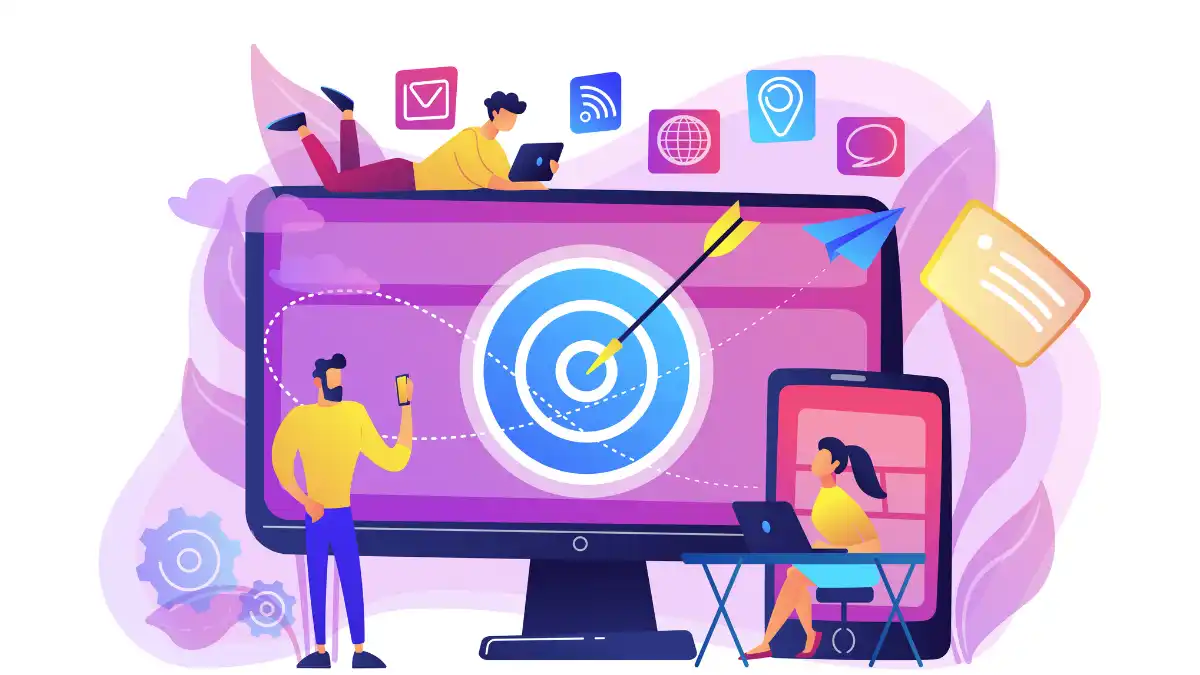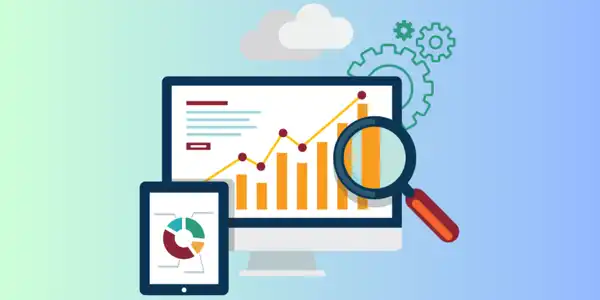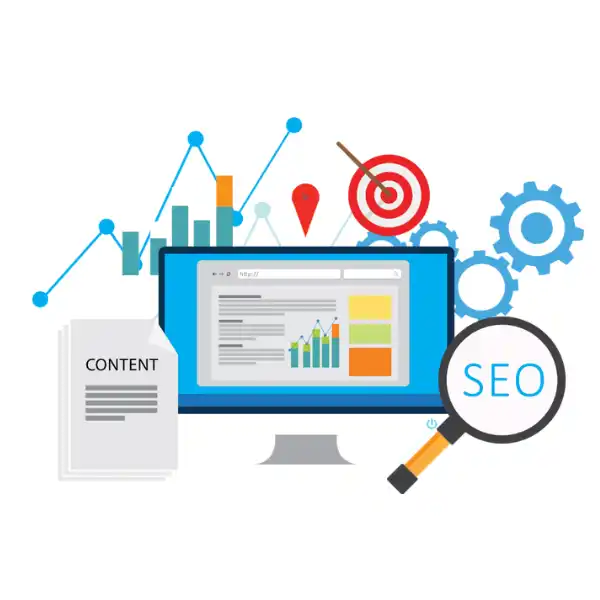Digital Marketing vs Traditional Marketing: Understanding the Shift
Over the past decade, marketing strategies have shifted profoundly as digital marketing has taken center stage. Traditional marketing, which includes TV, radio, newspaper, and billboard advertisements, provided broad reach but limited tracking capabilities. It was also costly and lacked the ability to target and measure specific customer behaviors.
Digital marketing revolutionized how brands engage with consumers by offering precise targeting, flexible budgets, and measurable outcomes. Through channels such as social media, email, search engines, and content marketing, brands can reach audiences globally or locally with unparalleled accuracy and customization.
The digital-first approach enables real-time feedback, personalized campaigns, and data analytics that drastically improve ROI compared to traditional methods. Yet, traditional marketing's enduring strengths in building local awareness and creating tangible brand presence mean many brands adopt a hybrid strategy to maximize impact.

Understanding when to use each method and how they complement each other is essential for a balanced and effective marketing strategy in today's changing business landscape.
Building a Strong Online Presence for Business Growth
Today's consumers discover brands predominantly through online platforms, making a strong web presence crucial. This involves an SEO-optimized website, engaging content, active social media channels, and digital advertising. Establishing consistent and authentic branding across all channels creates trust and brand recognition.
Strategic content marketing not only attracts visitors but nurtures potential customers at every stage of their decision journey. Quality content like blogs, videos, whitepapers, and case studies enhances SEO rankings and positions a brand as an industry leader.

Tools like Google Analytics provide insights into user behavior and content effectiveness, empowering marketers to adapt and optimize for better performance continuously.
Ultimately, a cohesive online presence fosters engagement, builds brand authority, and drives revenue growth in an increasingly digital marketplace.
Enhancing Customer Engagement Through Digital Strategies
Engaging customers has become more dynamic and personalized thanks to digital innovations. Marketers harness social media platforms, email campaigns, webinars, chatbots, and mobile apps to create two-way communications that build relationships, trust, and advocacy.
Personalized content and offers based on customer preferences and behaviors significantly improve response rates. Interactive experiences such as polls, quizzes, and live streaming foster active participation, giving customers a voice and strengthening brand loyalty.

Listening to feedback and engaging in conversations demonstrates brand authenticity, which modern consumers highly value.
Combining data-driven personalization with genuine interaction is the key to sustained customer engagement in the digital age.
Industry Sectors Experiencing Rapid Growth with Digital Marketing
Several industry verticals have been transformed by digital marketing's ability to connect brands and customers more efficiently:
- eCommerce: Leveraging PPC, SEO, retargeting, and influencer marketing to drive traffic and conversions online.
- Healthcare: Educating patients, promoting services, and building trust through content marketing and social media.
- Real Estate: Virtual tours, local SEO, and targeted ads connecting buyers and sellers efficiently.
- Education: Promoting courses and campuses digitally to reach global student populations.
These sectors tailor their marketing strategies intricately to meet unique audience requirements and maximize ROI.
Digital Marketing Solutions Tailored for Startups
Startups require agile and cost-effective marketing to compete and scale rapidly. Tailored digital marketing services, including growth hacking, SEO, social media marketing, and targeted PPC campaigns, enable startups to generate brand awareness and acquire customers quickly.
Leveraging analytics helps startups track campaign performance, optimize budgets, and pivot strategies based on real-time data. Influencer partnerships and viral content strategies further accelerate growth and audience building with limited resources.

Successful startups blend creativity with data science to carve a unique position in competitive markets efficiently.
Integrated Digital Channels for Business Expansion (SEO, PPC, Social, Email)
Businesses maximize reach and conversions by integrating multiple digital marketing channels. SEO improves organic discoverability, PPC generates targeted traffic quickly, social media fosters community and brand personality, and email nurtures customer relationships and repeat business.
Integrated campaigns ensure consistent brand messaging and seamless customer experiences across touchpoints, amplifying impact.
Data analytics unify insights across channels, driving sophisticated multichannel optimization.
Data-Driven Optimization: Analytics, Performance & ROI
Data is the lifeblood of modern digital marketing. Beyond vanity metrics, advanced analytics platforms track KPIs like conversions, customer acquisition costs, lifetime value, and engagement rates.
Marketers continuously analyze this data to identify what’s working, what isn’t, and where to reallocate resources for maximum ROI. A/B testing, customer journey mapping, and predictive analytics refine campaigns with precision.
Data-driven decision making fosters agile, effective, and ROI-positive marketing efforts.
Future Trends Shaping Modern Digital Marketing for Agencies
As technology and consumer expectations evolve, digital marketing agencies face new frontiers:
- AI and Machine Learning: Automation, personalization, predictive customer insights, and content creation are revolutionizing campaign management.
- Voice and Visual Search: Optimizing for voice assistants and image search will be essential for discoverability.
- Immersive Experiences: Augmented reality (AR) and virtual reality (VR) offer innovative brand storytelling avenues.
- Privacy and Data Regulations: Agencies must adapt strategies compliant with evolving legal landscapes to maintain consumer trust.

Agencies that embrace innovation while maintaining consumer-centric ethics will lead the next era of digital marketing success.






















